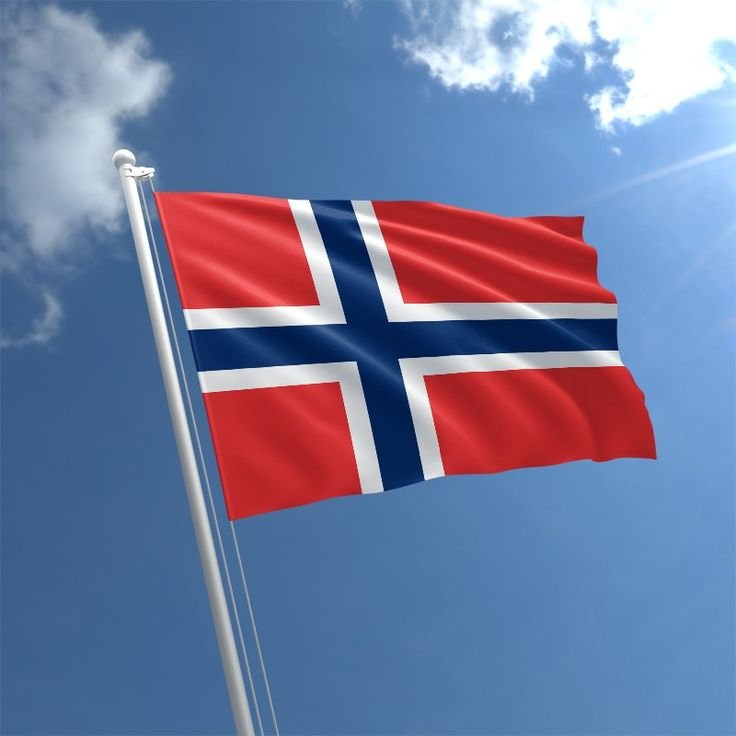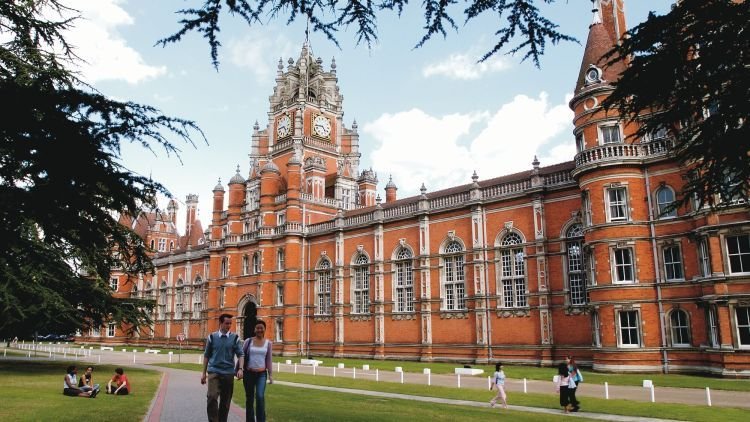Norway has become one of the most enticing destinations for international students seeking a world-class education combined with astounding natural beauty. Imagine studying in a country where the northern lights dance across the skies, fjords stretch endlessly, and innovation thrives in every field. This guide will provide everything you need to know about why and how to study in Norway.
Whether you’re aiming to explore top universities or uncover tips for succeeding in student life, we’ve got you covered.
Why Study in Norway?
Norway offers an unparalleled experience for international students. Here’s why it’s a top choice for many:
High-Quality Education System
Norwegian universities are renowned for promoting creativity, innovation, and critical thinking. Their modern facilities and forward-looking curriculums focus on preparing students for the global job market. Plus, universities often promote small-class teaching, making it easy to interact with professors and peers.
Safe and Welcoming Environment
Ranked as one of the safest countries in the world, Norway offers international students peace of mind. The welcoming attitudes of Norwegians also ensure you’ll feel at home no matter where you come from.
Natural Beauty and Outdoor Activities
Norway’s dazzling landscapes are unmatched. From the iconic fjords of Western Norway to the rolling hills of Hardangervidda, there’s something for every outdoor enthusiast. Additionally, student life often includes skiing, hiking, and even dog sledding in the Arctic Circle!
Innovation and Technology
Norway is a technology-forward nation, continuously adapting to tackle global challenges. Universities collaborate closely with the industry, enabling students to gain insights and real-world experience.
Top Universities in Norway

If you’re considering Norway, these universities should top your list for world-class education:
University of Oslo
Norway’s largest and oldest university is consistently at the forefront of research and education. It offers programs across disciplines, from law to natural sciences, often taught in English for international appeal.
University of Bergen
Nestled in the heart of Norway’s fjord region, this university boasts excellent programs in marine research, climate studies, and humanities. The vibrant city of Bergen adds charm to your academic experience.
Norwegian University of Science and Technology (NTNU)
NTNU is synonymous with innovation and engineering. With a strong focus on technology and natural sciences, it attracts students eager to tackle modern challenges.
University of Tromsø – The Arctic University of Norway
Ever dreamed of studying above the Arctic Circle? This university offers unique programs related to Arctic studies, indigenous culture, and polar environments.
Programs and Courses for International Students

Norwegian universities have an extensive and versatile array of programs, making them accessible for a global audience.
Popular Fields of Study
Norway is particularly renowned for programs related to sustainability, engineering, marine science, and renewable energy, given the country’s focus on green innovation.
English-Taught Programs
Many master’s and Ph.D. programs are taught in English, meaning no barrier for students unfamiliar with Norwegian. Popular degrees include business administration, computer science, and international relations.
Research Opportunities
Norway encourages cutting-edge research, offering grants and collaborations for fields like climate change, biotechnology, and AI. Many international students find Norway a global hub for meaningful research.
Admission Requirements
Before applying, it’s essential to understand what’s required.
General Requirements
Applications can be submitted directly to individual universities or through Norway’s centralized online admission portal. Standard requirements include academic transcripts and recommendations.
Language Proficiency
While many programs are English-taught, students may still need to provide TOEFL or IELTS scores to prove their proficiency.
Program-Specific Requirements
Some programs, particularly at the master’s level, may have unique prerequisites. Check carefully for subjects like architecture, engineering, and health sciences.
Cost of Studying and Living
Tuition Fees
One of Norway’s biggest draws is its free tuition for most public universities, even for international students. However, semester fees may apply (ranging between $50 and $150).
Accommodation
On-campus housing is affordable and sometimes subsidized for international students, but availability is limited. Many students can opt for private rentals at competitive rates.
Living Expenses
The cost of living is higher in Norway than many other countries, with monthly expenses averaging $1,200 to $1,500. Careful budgeting can make life affordable.
Scholarships and Funding

Government Scholarships
The Norwegian government offers several scholarships specifically for international students. For example, the Quota Scheme provides funding for students from developing countries.
University Scholarships
Many universities offer merit-based scholarships covering accommodation, living expenses, or travel.
External Funding Sources
Grants and scholarships from organizations like Erasmus and the Fulbright Program also provide ample opportunities for international students.
Visa and Immigration
Application Process
A student visa is necessary for non-EU/EEA students. Submitting proof of admission, financial capability, and residency documentation is required.
Required Documents
These include:
- Proof of funds (approximately $13,000 per year).
- Health insurance details.
Important Tips
Apply for your visa several months in advance to avoid stress. Your chosen institution generally provides guidance throughout the application process.
Accommodation and Living in Norway
Student Housing
University housing is often affordable and located conveniently close to campus facilities.
Private Rentals
For those seeking independence, Norway’s private rental market offers a variety of options, though at a higher cost.
Cultural Integration
Norwegians are friendly and welcoming, and participating in local festivals and activities can help you feel at home quickly.
Student Life and Activities
Social Activities
From student-led events to clubs and societies, Norway offers abundant opportunities for networking and fun.
Sports and Recreation
Hiking, skiing, and cycling are local favorites. Universities often have state-of-the-art sports facilities.
Cultural Events
Annual events like the Bergen International Festival or Tromsø’s Sami Week offer unique glimpses into Norwegian culture.
Tips for International Students
Learning Norwegian
Though not always required, learning Norwegian can enrich your cultural experience.
Budgeting
Use student discounts everywhere! Norway has cost-saving options for transport, dining, and cultural attractions.
Staying Safe
Always remember that Norway is among the safest countries globally, offering secure environments for everyone.
Career Opportunities After Graduation
Norway is known for its strong job market, particularly in fields related to oil, technology, and renewable resources, offering students excellent career prospects.
Success Stories
Meet Marlow, who returned to Singapore to create groundbreaking research in bio-tech using skills learned in Norway’s world-leading AI lab.
Resources and Further Reading
Explore these helpful links:



